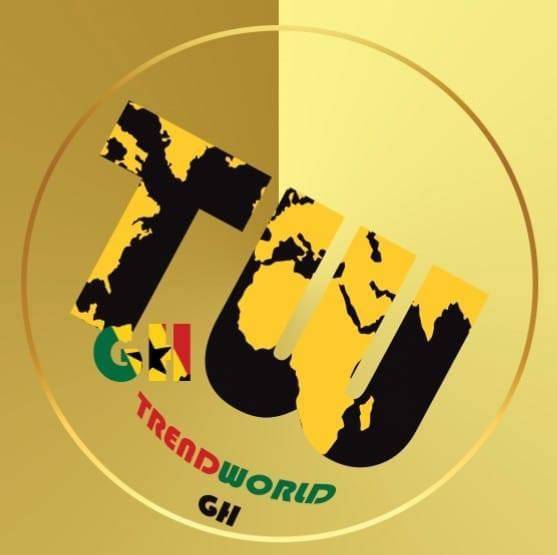E.T. Mensah: The Father of Highlife Music
Emmanuel Tettey Mensah, popularly known as E.T. Mensah, holds an iconic place in African music history as the father of Highlife, a genre that has become synonymous with the rhythmic heart of West Africa. Born on May 31, 1919, in Accra, Ghana, E.T. Mensah’s influence extended far beyond his native land, shaping African popular music and leaving a lasting legacy that continues to inspire musicians globally.
Early Life and Musical Beginnings
E.T. Mensah grew up in a vibrant cultural environment in colonial Gold Coast, now Ghana, where indigenous rhythms blended with European musical traditions. His early exposure to music came through his father, a brass band leader, which laid the foundation for his fascination with wind instruments. He mastered the trumpet, saxophone, and other brass instruments, showcasing remarkable talent at a young age.
In 1939, Mensah joined the Accra Orchestra, a local band that introduced him to the emerging Highlife style—a fusion of African rhythms, Western melodies, and Caribbean influences such as calypso and jazz. His exposure to this hybrid genre would later fuel his passion to modernize and popularize it.
The Rise of the Tempos Band
E.T. Mensah’s musical breakthrough came in 1948 when he co-founded the Tempos Band. The group quickly gained a reputation for its innovative approach to Highlife, blending indigenous sounds with Western jazz and swing influences. Mensah and the Tempos performed in nightclubs, dance halls, and at social gatherings, gaining immense popularity across the Gold Coast and beyond.
The Tempos’ music resonated with audiences because it celebrated African identity while embracing cosmopolitan influences. Their songs often featured vibrant melodies, infectious rhythms, and lyrics in English, Twi, Ga, and other local languages. This multilingual appeal helped E.T. Mensah connect with diverse audiences across West Africa.
International Recognition
In the 1950s, E.T. Mensah’s fame spread beyond Ghana. His band performed across Nigeria, Sierra Leone, Liberia, and other West African nations, where Highlife was rapidly gaining popularity. Mensah collaborated with notable Nigerian musicians like Bobby Benson, forging a cultural exchange that further enriched the genre.
One of his most celebrated songs, All for You, became a timeless Highlife anthem, showcasing his ability to blend African rhythms with jazzy brass sections. Other hits like Ghana Freedom reflected the political awakening of the time, coinciding with Ghana’s independence in 1957.
E.T. Mensah also performed for prominent figures such as Queen Elizabeth II and Kwame Nkrumah, Ghana’s first president, cementing his status as a cultural ambassador for Africa.
Legacy and Influence
E.T. Mensah’s contribution to Highlife music earned him the title “King of Highlife.†He paved the way for subsequent generations of African musicians, influencing legends like Fela Kuti, Victor Uwaifo, and Osibisa. Highlife, as pioneered by Mensah, became a foundation for genres like Afrobeat and Afropop, ensuring his influence remains deeply embedded in modern African music.
Mensah passed away on July 19, 1996, but his legacy endures through his timeless recordings and the enduring popularity of Highlife music. Today, his work continues to be celebrated as a cornerstone of African cultural heritage, reminding the world of the power of music to unite, inspire, and transform societies.
In the annals of African music, E.T. Mensah’s name stands tall—a testament to his genius, innovation, and dedication to the art of music.




No comments yet
Be the first to share your thoughts!